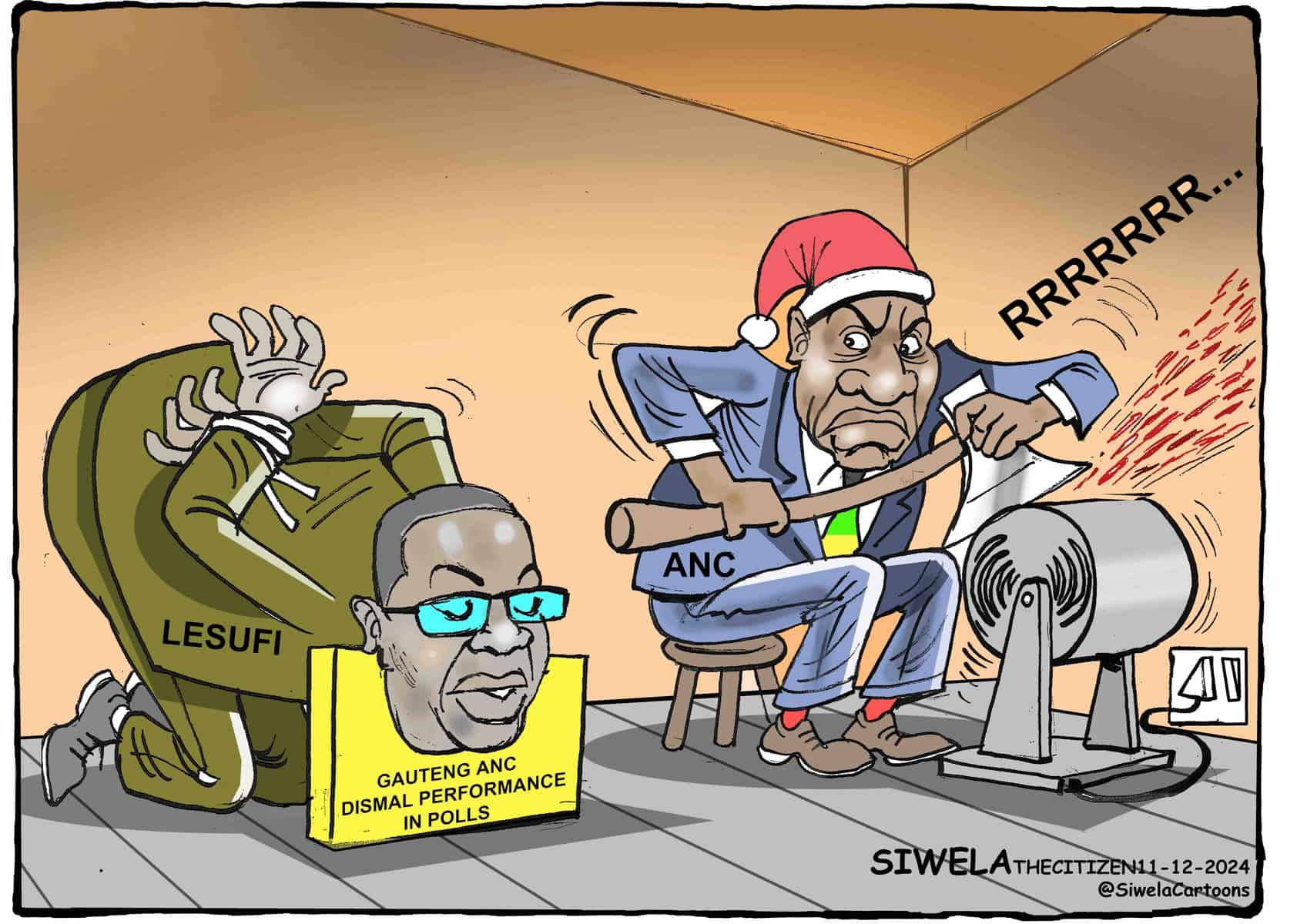Future of Super Rugby remains uncertain, Sanzaar boss admits
Sanzaar says the way forward for Super Rugby is not entirely within the governing body's control.

Sanzaar CEO Andy Marinos. Picture: Gallo Images
Super Rugby might have reached the end of its shelf-life and could well have run its course, Sanzaar chief executive Andy Marinos has reportedly admitted.
South Africa’s top four franchises had recently been linked with a move up north to join the Pro14 in Europe, potentially ditching the Sanzaar organised Super Rugby competition which also featured teams from New Zealand, Australia and Argentina.
Marinos believed regular changes to the competition structure might be the main reason the interest in the competition had seen a downward spiral.
Initially featuring just 10 teams, at one point the Super Rugby series involved 18 sides.
“I think over time we have intended to try and make Super Rugby the solution for domestic rugby in our markets, as opposed to what it was initially set out to be,” Marinos told stuff.co.nz.
“That was to provide a blockbuster top-end, very quick, short and impactful competition structure that complemented the domestic structure in each of the countries. It did not take over the domestic structures.”
Marinos dismissed reports that South Africa could skip the Rugby Championship to replace Japan in the Eight Nations later this year, which he insisted was based on “pure speculation”.
He was nonetheless concerned about the future of the Super Rugby competition, though he said the situation was largely out of Sanzaar’s control.
“We co-ordinate on behalf of the unions and there are different views among the Sanzaar partners around what could be possible going forward,” he said.
Though he hoped to “keep the Sanzaar alliance”, Marinos said travel restrictions were likely to restrict its member countries to domestic competitions for the foreseeable future.
While Australian and New Zealand teams had returned to competition, SA
franchises were unlikely to return to action until October.
And though he backed a potential ‘Super Eight’ mini-competition, Marinos said the situation remained unpredictable.
“We are getting very strong indications that borders are not going to be open, or as freely accessible, in the first quarter of next year,” he said.
For more news your way, download The Citizen’s app for iOS and Android.
For more news your way
Download our app and read this and other great stories on the move. Available for Android and iOS.









